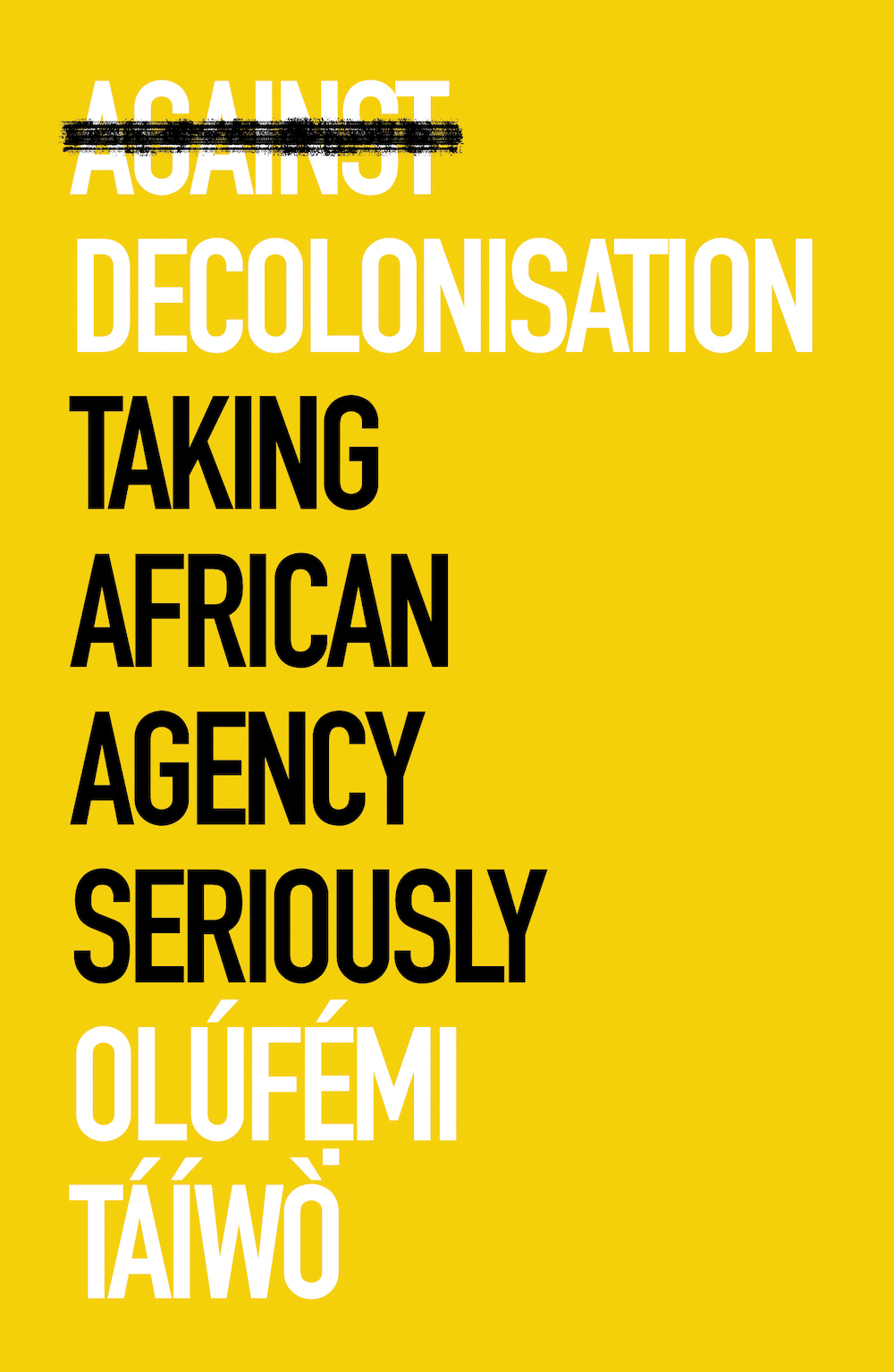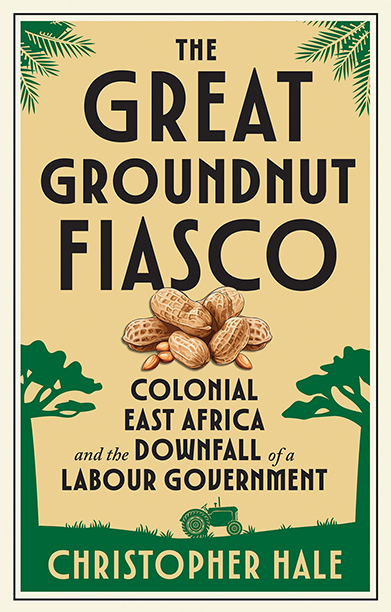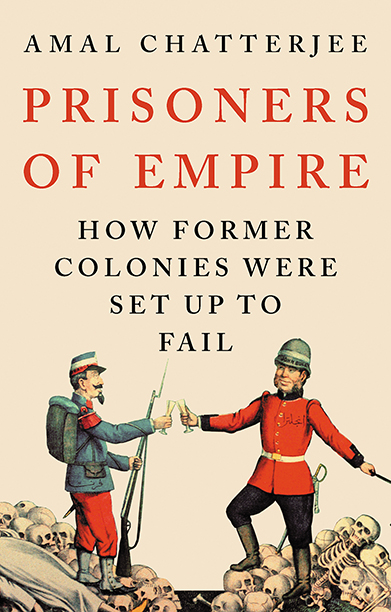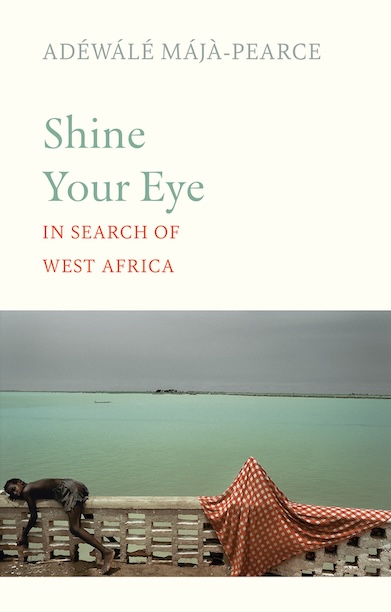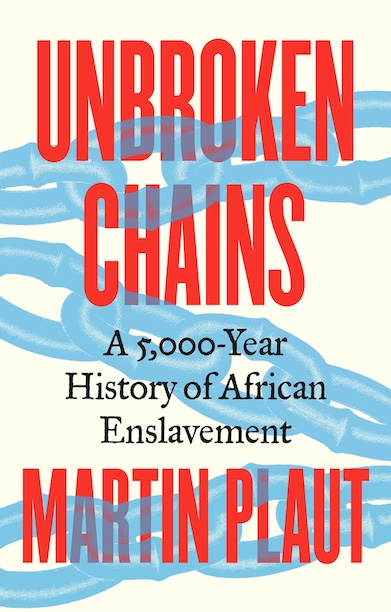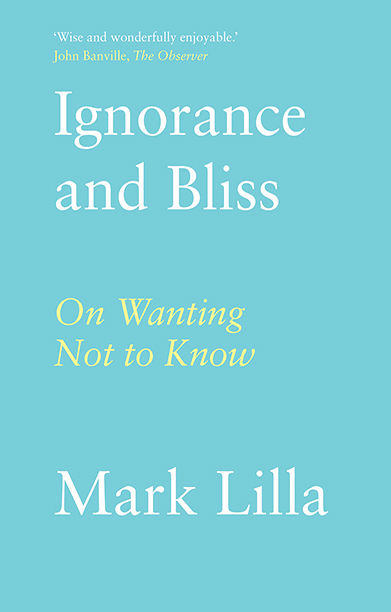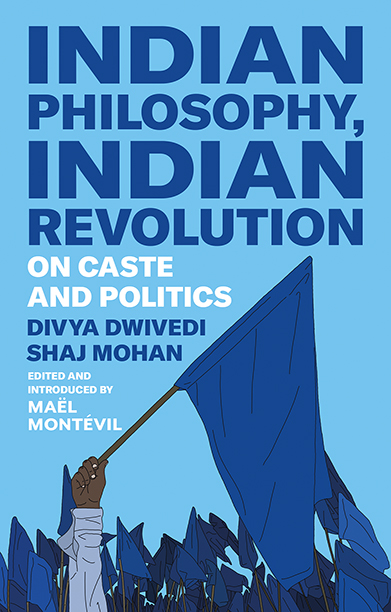Against Decolonisation
Taking African Agency Seriously
Part of the African Arguments seriesSelected as one of ‘100 Notable African Books of 2022’ in Brittle Paper
A leading African political philosopher’s searing intellectual and moral critique of today’s decolonisation movement.
Description
Decolonisation has lost its way. Originally a struggle to escape the West’s direct political and economic control, it has become a catch-all idea, often for performing ‘morality’ or ‘authenticity’; it suffocates African thought and denies African agency.
Olúfẹ́mi Táíwò fiercely rejects the indiscriminate application of ‘decolonisation’ to everything from literature, language and philosophy to sociology, psychology and medicine. He argues that the decolonisation industry, obsessed with cataloguing wrongs, is seriously harming scholarship on and in Africa. He finds ‘decolonisation’ of culture intellectually unsound and wholly unrealistic, conflating modernity with coloniality, and groundlessly advocating an open-ended undoing of global society’s foundations. Worst of all, today’s movement attacks its own cause: ‘decolonisers’ themselves are disregarding, infantilising and imposing values on contemporary African thinkers.
This powerful, much-needed intervention questions whether today’s ‘decolonisation’ truly serves African empowerment. Táíwò’s is a bold challenge to respect African intellectuals as innovative adaptors, appropriators and synthesisers of ideas they have always seen as universally relevant.
Reviews
‘Decolonisation has lost its way’ — Olúfẹ́mi Táíwò’s discusses his book with Hugo Rifkind on Times Radio:
Listen to Olúfẹ́mi Táíwò and Dipo Faloyin, Senior Editor at VICE and author of Africa Is Not A Country, discuss the nuances and importance of decolonisation on the Intelligence Squared podcast (moderated by Yassmin Abdel-Magied).
‘We need a more sophisticated analysis of the continuity of ideas between Africa and the western world, and Táíwò’s book provides this. [Against Decolonisation] makes a powerful case for how Africans can get out of their malaise: not by being trapped in a psychological state of victimhood, but by reclaiming their agency.’ — Tomiwa Owolade, Financial Times
’An electrifying book.’ — The Wall Street Journal
‘[A] bristling new takedown.’ — Prospect
‘The first sustained critique of the contemporary decolonial movement, characterising it as a fad in western academe that does not take the agency of Africans seriously.’ – Matatu: Journal of African Culture and Society
‘Offers a bold and critical perspective on the current state of decolonization.’ — Politics Today
‘A provocative and epic call-out.’ — Brittle Paper, ‘100 Notable African Books of 2022’
‘Both in Africa and far beyond, academics, disciplines, universities and nations are being urged to face up to their dark histories and to decolonise many aspects of the ways they operate. Táíwò is an urgent and eloquent voice in suggesting that they need to think harder about whether and how that should be done.’ — Times Higher Education
‘[An] incisive volume [that] takes aim at the ever expanding and encompassing discourse on decolonization in contemporary African settings.’ — CHOICE
‘A valuable, thought-provoking, fiery book.’ — Peace News
‘Provocative.’ — The Point
‘A rigorously combative intervention in the application of decolonisation to thought and ideas.’ — African Arguments
‘[A] courageous book… an original and timely contribution.’ — Survival
‘An erudite and necessary antidote.’ — Current History
‘[An] extraordinarily courageous study…. Against Decolonisation is required reading.’ — Journal of Informational Ethics
‘Táíwò’s Against Decolonisation delivers a clearly-articulated and well-supported defense of its eponymous thesis… he offers a thoroughgoing, meticulously-argued text making diverse intellectual engagements with a variety of African thinkers.’ — American Philosophical Association
‘An impressive and courageous book.’ — Das Milieu
‘Exemplary scholarship.’ — South African Journal of Science
‘It doesn’t happen very often, but now and again one comes across a book that is really transformative. An author who simply changes the narrative and argues so persuasively there is really little more to be said on the subject. Olufemi Taiwo’s Against Decolonisation is one such author and this is one such book.’ — Martin Plaut, journalist and former Africa editor for BBC World Service News
‘Against Decolonisation launches a trench war. Its flaming arrows hit all, sparing no axiom of reflex decolonisation. This is a bọ́lẹ̀kájà (come-down-let-us-slug-it-out) critique in its most consequential form. If you are not provoked by its argument, you sabe nothing.’ — Adélékè Adéẹ̀kọ́, Humanities Distinguished Professor, Ohio State University
Listen to Olúfẹ́mi Táíwò discuss his book on the New Books Network podcast:
‘With characteristic cogency, lucidity and audacity, Táíwò shows that “decolonisation” has become an idea promoting indiscriminate hostility to forms of thought and practice wrongly tarred with malign colonial auspices. The ironic result is a rhetoric that gives short shrift to African agency. It’s time to drop the erroneous conflations and recognise our right to inventive appropriation of the human commons.’ — Ato Sekyi-Otu, Emeritus Professor of Social and Political Thought, York University, Toronto, and author of Left Universalism, Africacentric Essays
‘Táíwò has written an indispensable book. To sloganise for cultural and ideological decolonisation is to deny history and agency to Africa. He makes his point through a thorough analysis of politics, economics and debates around language and philosophy.’ — Gayatri Chakravorty Spivak, Columbia University, author of A Critique of Postcolonial Reason
‘A bracing and much-needed riposte to contemporary efforts to “decolonise” culture, language and politics in the Global South. Elegantly demonstrating the ignorance and violence of such aims, Táíwò inaugurates a new way of thinking about the persistence of empire as one of the great intellectual and political themes of our times.’ — Faisal Devji, Director of the Asian Studies Centre, University of Oxford
‘This is a book whose time has come. Basing his arguments principally on philosophy and language, Táíwò demonstrates how “decolonisers” reject as inauthentically African the works of even the most gifted and influential African scholars, thinkers and writers. Consistently cogent, commonsensical, powerful and wise, this book will not be the last word on decolonisation—but it is close to it.’ — Biodun Jeyifo, Professor of African and African American Studies and of Comparative Literature, Harvard University
‘A highly important and deeply argued book. Táíwò asks us not to succumb to the simplistic siren song of the word “decolonisation”. A vague word, an easy trope does not help to create the modern African with complicated agency amidst complex historical and twenty-first-century demands.’ — Stephen Chan OBE, SOAS University of London, author of African Political Thought
‘With immense brio and a generous dose of common sense, Táíwò exposes the weaknesses of an over-extended notion of decolonisation and offers a convincing alternative. This highly readable, engaging and challenging book is a must for everyone interested in modern Africa.’ — Dame Karin Barber, Emeritus Professor of African Cultural Anthropology, University of Birmingham
Author(s)
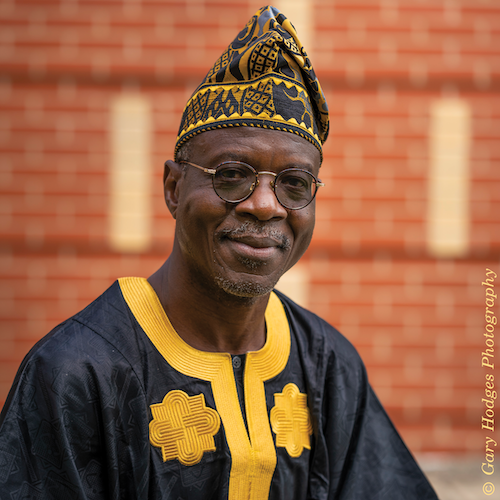
Olúfẹ́mi Táíwò is Professor of African Political Thought and current Chair at the Africana Studies and Research Center, Cornell University. His writings have been translated into French, Italian, German and Portuguese. His book How Colonialism Preempted Modernity in Africa won the Frantz Fanon Award in 2015.
